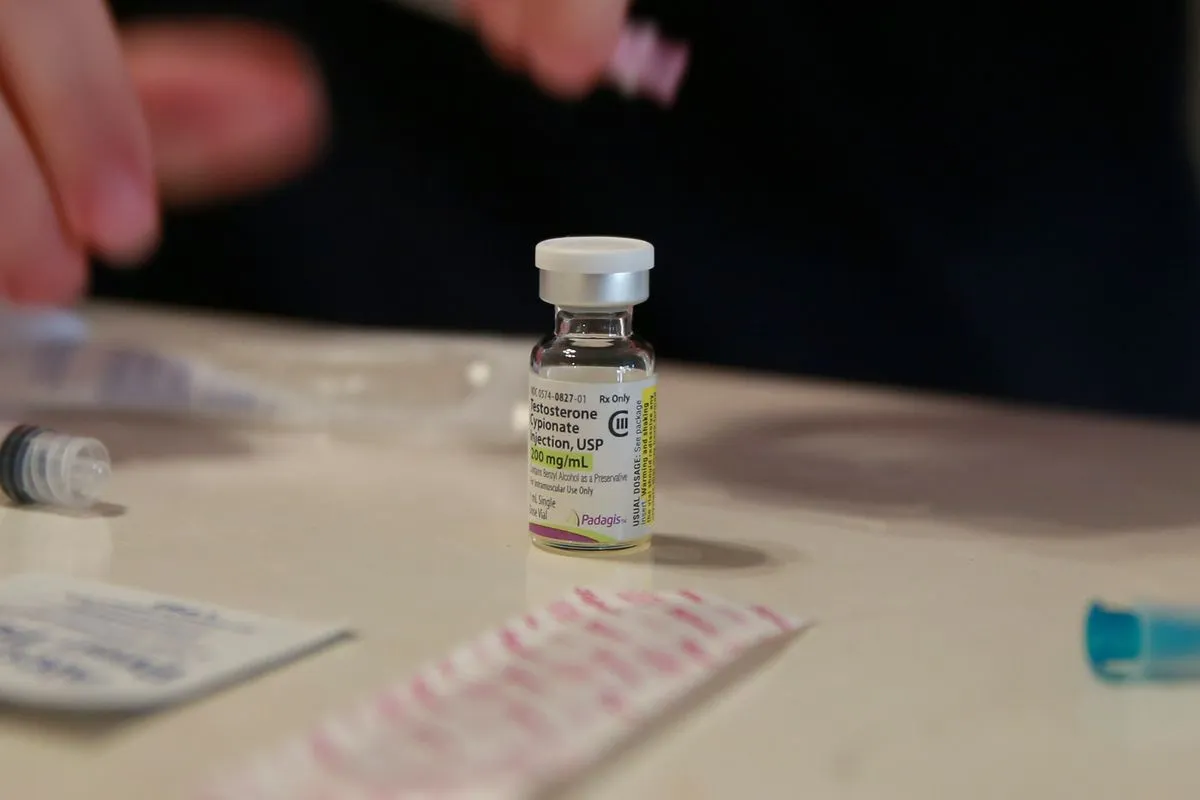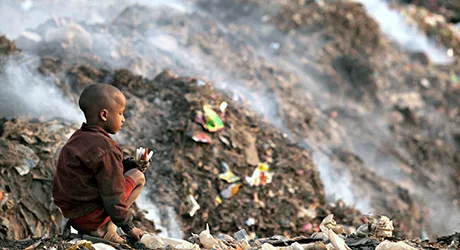Death Toll from Contaminated Infant IV Feeding Bags in Mexico Rises to 17: A Public Health Tragedy
In an alarming and tragic development, the death toll from contaminated intravenous (IV) feeding bags given to infants in Mexico has risen to 17. This catastrophic event has drawn national and international attention to the fragility of healthcare systems and the devastating consequences of medical contamination. As investigations into the outbreak continue, the incident underscores urgent concerns about quality control, regulatory oversight, and the safety of medical supplies.
The Outbreak: What Happened?
The tragedy unfolded in Mexico when several infants hospitalized for various health conditions began showing signs of severe infection. The common link among these cases was the use of IV feeding bags, also known as total parenteral nutrition (TPN), provided to the infants. These bags are crucial for delivering essential nutrients directly into the bloodstream for patients unable to consume food orally.
Unfortunately, the TPN bags were found to be contaminated with harmful bacteria. The contamination led to widespread sepsis, a life-threatening condition where the body’s response to infection causes damage to its own tissues and organs. Many of the affected infants, already vulnerable due to preexisting health issues, succumbed to the rapid progression of the infections.
A Rising Death Toll and Its Impact
As of the latest reports, 17 infants have died due to this outbreak, with dozens more hospitalized and fighting for their lives. The rising death toll has left families devastated and communities in mourning. Parents of the affected children are demanding justice and answers from healthcare authorities and suppliers, while healthcare workers grapple with the emotional toll of losing patients under their care.
The incident has sparked widespread outrage, with calls for greater transparency, accountability, and reforms in medical supply chain management.
How Did the Contamination Occur?
Contamination of medical supplies can occur at multiple points in the supply chain, from manufacturing to transportation and storage. Preliminary investigations into the contaminated IV feeding bags in Mexico suggest possible lapses in sterility during production. Factors that may have contributed include:
- Poor Manufacturing Practices: Insufficient quality control measures at the production facility.
- Compromised Sterilization Processes: Failure to adequately sterilize the IV bags or their contents.
- Improper Storage and Handling: Exposure to unclean environments during transport or storage, leading to bacterial growth.
- Regulatory Gaps: Weak oversight of medical suppliers and inadequate enforcement of safety standards.
While the investigation is ongoing, experts believe the contamination could have been prevented with stricter adherence to sterility protocols and regular inspections of manufacturing facilities.
The Role of Bacterial Contamination
Reports indicate that the IV feeding bags were contaminated with a strain of bacteria capable of causing severe bloodstream infections. Infections caused by such bacteria are particularly dangerous for infants, whose immune systems are not yet fully developed. Symptoms of the infection include high fever, difficulty breathing, low blood pressure, and organ dysfunction, all of which can progress rapidly to septic shock and death if not treated promptly.
The bacteria identified in this case are commonly found in environments with poor sterilization practices. The fact that these pathogens were able to contaminate a product intended for vulnerable hospital patients highlights systemic flaws in medical supply safety protocols.
Legal and Ethical Implications
The tragedy has prompted legal action from affected families, who are demanding accountability from both the suppliers of the IV bags and the healthcare facilities that administered them. Key questions being raised include:
- Supplier Responsibility: Did the manufacturer follow all required safety and quality control measures?
- Hospital Oversight: Were the contaminated IV bags tested before being administered to patients?
- Government Regulation: Were regulatory agencies negligent in their oversight of the production and distribution of these medical supplies?
In addition to legal repercussions, the incident raises profound ethical concerns. Medical products are meant to save lives, not endanger them. This case has eroded public trust in the healthcare system, and rebuilding that trust will require transparent investigations, accountability, and systemic reforms.
Broader Implications for Healthcare
The contamination crisis in Mexico is not an isolated incident. Similar outbreaks have occurred worldwide, often due to lapses in quality control or insufficient regulation. This tragedy serves as a grim reminder of the critical need for stringent safeguards in the production and distribution of medical supplies, particularly those used in vulnerable populations like infants and critically ill patients.
Steps Needed to Prevent Future Outbreaks
To prevent similar tragedies in the future, healthcare systems and regulatory bodies must prioritize safety at every stage of the medical supply chain. Key measures include:
- Enhanced Quality Control: Manufacturers must implement rigorous sterility protocols and conduct routine testing of their products.
- Regular Inspections: Regulatory agencies should conduct frequent inspections of production facilities to ensure compliance with safety standards.
- Improved Traceability: Implementing advanced tracking systems to monitor the origin, storage, and distribution of medical supplies.
- Training Healthcare Workers: Ensuring that hospital staff are trained to recognize signs of contamination and act swiftly to mitigate risks.
- Whistleblower Protections: Encouraging employees within manufacturing and healthcare facilities to report safety violations without fear of retaliation.
Global Perspectives on Medical Contamination
The incident in Mexico is part of a broader global challenge. In both developed and developing countries, lapses in medical supply safety can have devastating consequences. For example:
- In 2019, a similar outbreak in Pakistan was linked to contaminated intravenous medications, resulting in numerous deaths.
- In the United States, the FDA has had to recall several batches of medical supplies, including IV fluids, due to contamination concerns.
These examples underscore the universal need for robust safety protocols and international cooperation to address the risks associated with medical supply chains.
Supporting the Families and Healthcare Workers
Beyond addressing the systemic issues that led to this tragedy, it is essential to support the families of the affected infants. This includes:
- Financial Compensation: Providing monetary support to cover medical expenses, funeral costs, and emotional distress.
- Psychological Support: Offering counseling and mental health services to families and healthcare workers affected by the crisis.
- Public Apologies: Acknowledging the failures that led to the outbreak and committing to preventing future incidents.
Lessons for the Future
The tragic loss of 17 infants in Mexico serves as a wake-up call for healthcare systems worldwide. It underscores the need for vigilance, accountability, and a commitment to the highest standards of safety in the production and distribution of medical supplies. By learning from this tragedy, the global healthcare community can take steps to ensure that such an incident never happens again.
The rising death toll from contaminated IV feeding bags in Mexico is a heartbreaking reminder of the vulnerabilities in healthcare systems and the devastating consequences of lapses in medical safety. As investigations continue, the focus must remain on ensuring justice for the affected families, holding those responsible accountable, and implementing systemic changes to prevent future tragedies. Only through collective action can we honor the lives lost and protect future generations from similar crises.























